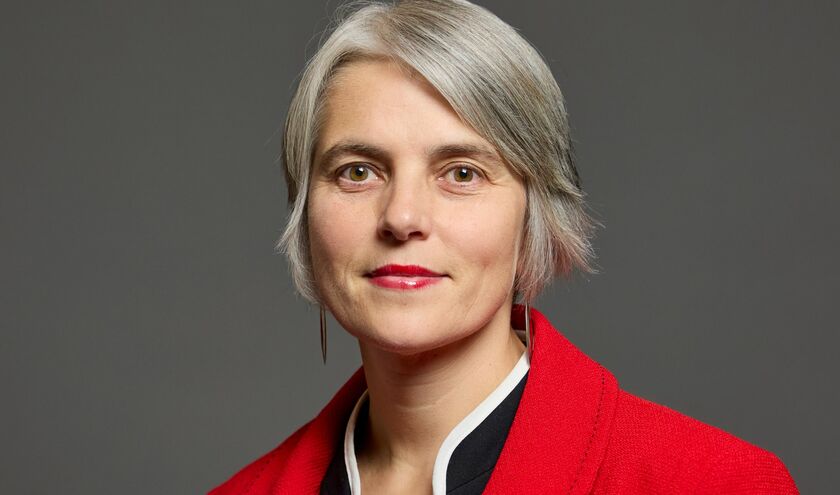The report on NHS financial stability found health officials were ‘out of ideas and remarkably complacent'.
‘It's right that we know we probed hard with these leaders,' Dixon said.
‘By looking historically there's been a catalogue of failed NHS project over many years.
‘So what we were trying to learn was what have they learnt? What's going to be different and how do we stop history repeating itself?
‘And I think the committee unanimously felt that we didn't get those assurances and there wasn't a sense that there was real confidence that things would be different this time.'
Dixon said the NHS had traditionally raided the capital budget despite its huge maintenance backlog in order to ‘bail out deficits elsewhere'.
The Labour MP said there was a similar approach with cutting out back on community programmes in order to bail out hospitals.
‘We didn't really hear anything different to suggest that they were going to do things differently to be able to manage that differently in the future,' she added.
Dixon pointed out that the Chancellor's decision to ring-fence capital budgets would limit wriggle room for the NHS in the future, however.
The committee's report also highlighted the need for a definition of prevention spending so that it could be better tracked in the future.
Despite the looming prospect of the 10-Year Health Plan this spring, Dixon said there was appeared to be a real lack of urgency among officials to deliver productivity improvements.
‘We wanted to get a sense they recognised that balancing budgets by raiding others meant that we were failing to make those shifts to investment in prevention and community,' Dixon said.
The MP said there was no sense that officials had been thinking seriously about financial planning and management in the 10-Year Plan.
The report described annual ‘unprecedented' productivity gains of 2% by 2028-29 as ‘unconvincingly optimistic'.
‘I think the committee was pretty unconvinced in terms of historical precedent that those targets were going to be met,' Dixon said.
‘Other than holding out the promise that technology was going to deliver these transformative productivity improvements, we didn't hear a lot else about what they were going to trying to do.'
Dixon said the NHS did not have a great track record in terms of delivering productivity through technology pointing to the ‘rooms full of paper records' at her local GP and hospital.
The Health Foundation has backed the committee's conclusion that current assumption on productivity are ‘overly optimistic'.
In response, NHSE has said productivity was now improving at ‘double pre-pandemic levels' and denied allegations of ‘complacency', adding it had ‘repeatedly been open about the problem and the actions being taken to address it'.
Addressing progress toward digitisation, Dixon said: ‘While we've made great strides in some areas, and it's great to see cutting edge technology being used in things like breast cancer, in the way that the NHS operates day to day I think most patients would experience it as not being in the 21st century in terms of its use of technology.'
In its defence, NHS England has said there had been ‘real progress' in improving its digital offering, highlighting 95% of GP surgeries in England can use all the features of the NHS App and over 92% of practices allow patients to use the app to register.
With the committee now awaiting a formal response to its recommendations, Dixon and her fellow members will be eager to gain assurances that the mistakes of the past will not be repeated.



